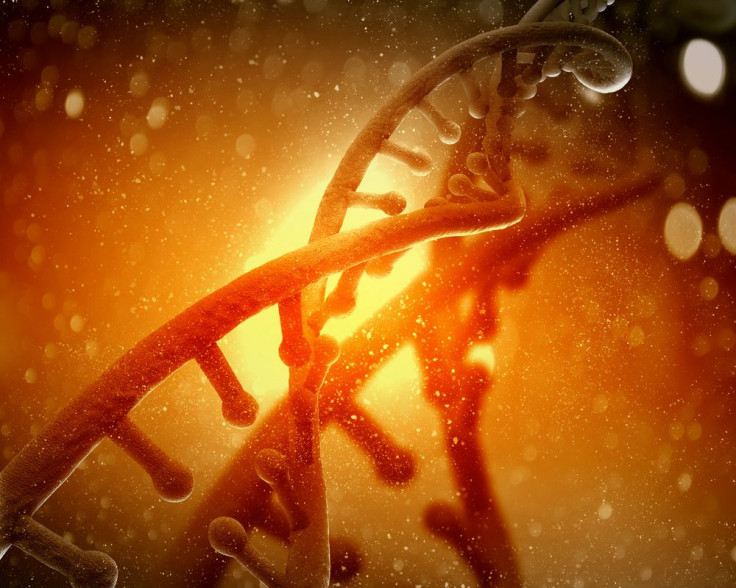The First Healthy Baby To Have His Genome Sequenced Before Birth; But Is It Ethical?

Imagine growing up and knowing exactly what diseases you were genetically predisposed to. If it was Alzheimer’s, would you take all possible measures to maintain your mental health? What if you were never actually predisposed to the disease and your parents had just interpreted your genome sequence wrong? These are questions many scientists are asking when it comes to sequencing the DNA of soon-to-be-born kids. And in part, they’re asking them because of people like Razib Khan, the father of the first healthy baby to be born with his entire genome sequenced before birth.
Khan, a graduate student and genetics blogger, is a strong believer in people’s rights to know their genetic makeup. So, when he found out his wife was pregnant, he was determined to decode his son’s genome sequence. Why? With stronger government regulations on DNA-testing companies, Khan said that he wanted to show how technology is “pushing the envelope,” according to MIT Technology Review. And that’s also why he’s decided to go public about his son.
After having his wife undergo a biopsy on the fetus, her doctor sent the tissue sample, which also contained DNA from the fetus, to a lab where it would go through standard testing for missing, duplicate, or broken chromosomes. The baby seemed healthy. Going a step further, Khan asked the lab, Signature Genomics, for the raw data. He was initially denied access. However, after getting his wife’s and her doctors’ authorization, they sent him the data.
Using a free program, called Promethease, Khan produced reports on his son’s genome. “I popped him through Promethease and got 7,000 results,” he told MIT Technology Review. The program is one of several other programs that people who’ve had their DNA tested can use to make sense of their information.
In a separate webzine post on The Unz Review, Khan writes: “I imagine that whole genome sequencing of fetuses from DNA derived from blood draws from the mother will be totally conventional within 10 years. The future is here. Deal with it.”
Dealing with it is proving to be pretty controversial, and many doctors are questioning the utility of testing for diseases that only develop in adults, or have no treatment of cure. “In that case, there’s nothing a person can do differently until they are an adult,” said Dr. Lainie Ross, a professor of clinical ethics, in a policy statement published in the journal Pediatrics last year. Some of these parents may even misinterpret or over-interpret their results and end up putting their child through a painstaking regimen they don’t need.
But prospective parents may go a step further when sequencing their fetus’s DNA. If they find that their child is predisposed to have a higher risk of a serious disease, some of them may just opt out of having a child altogether, and get abortions. Because of this, the Food and Drug Administration has limited the information labs, such as 23andMe, can send back to their customers. But technology continues to move forward, and Khan suspects that some parents are already testing their fetuses. If that’s the case, then regulatory agencies may need to find a middle ground.



























